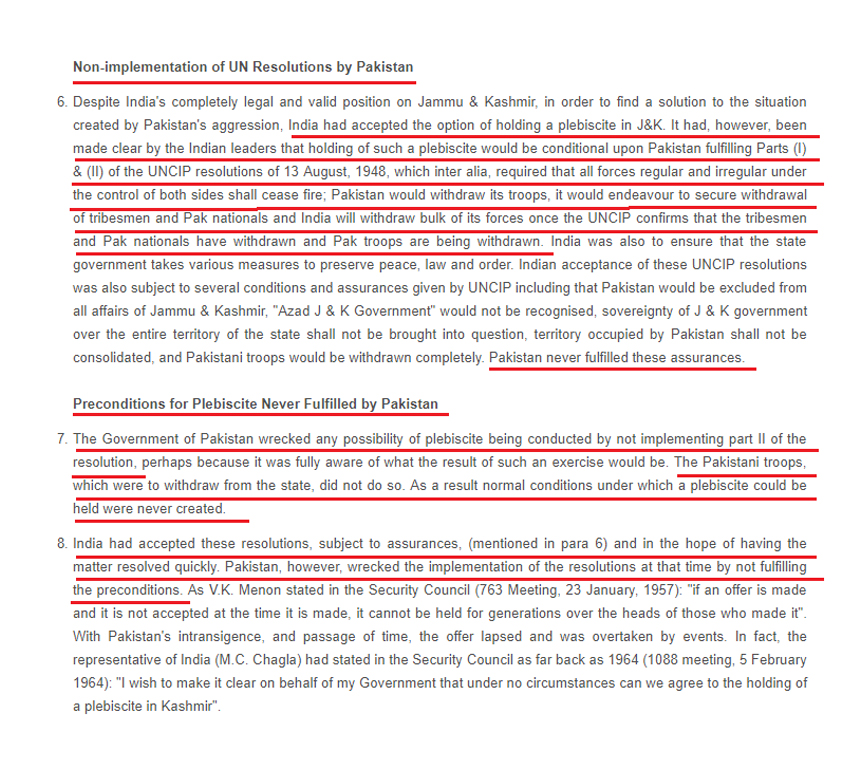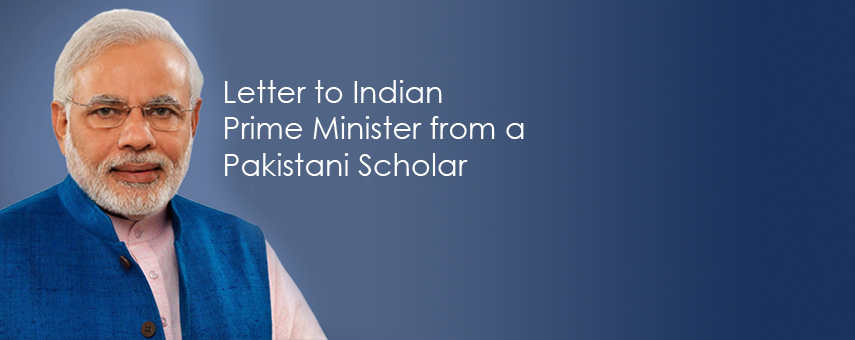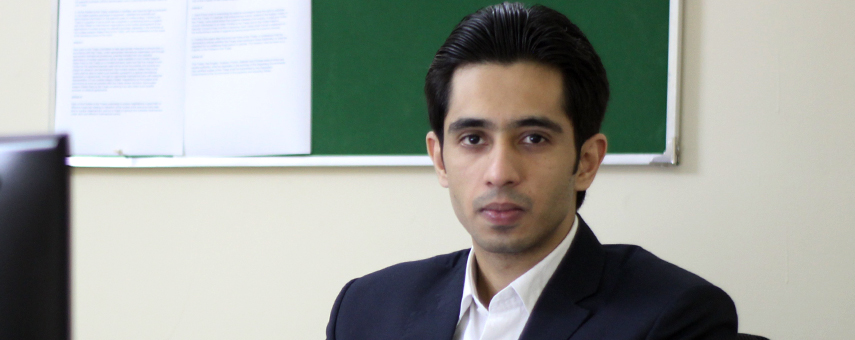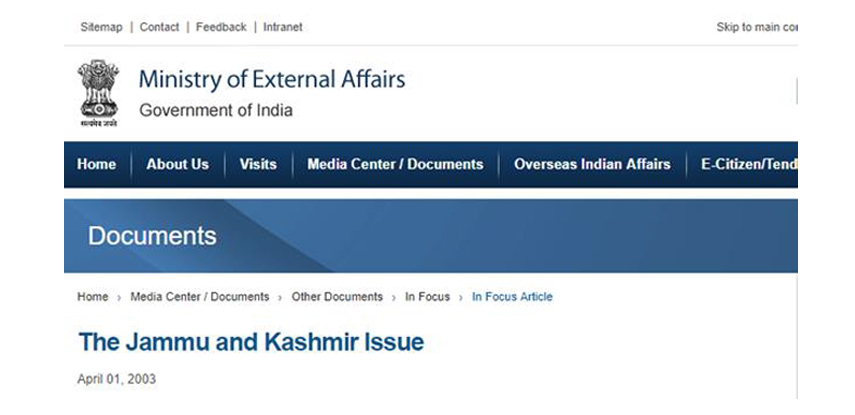Following is a Letter Written by a Pakistani Scholar and Researcher to the Indian Prime Minister Narendra Modi.
Islamabad-based scholar Muhammad Abdul Qadeer has accused Indian External Affairs Ministry of distorting the history and thus not only refusing to hold a plebiscite but also considering Kashmir as an integral part of India. India neither wants to negotiate with Pakistan nor wants any third-party mediation to resolve the issue.
Prime Minister’s Office South Block,
Raisina Hill New Delhi-110011 October 11, 2017
Dear Prime Minister Narendra Modi,
For years the government of India has maintained that Pakistan did not fulfil the preconditions for a plebiscite in Jammu and Kashmir. It maintains that plebiscite was “conditional upon Pakistan fulfilling Parts (I) & (II) of the United Nation’s resolution of 13 August, 1948 which required Pakistan to withdraw its troops and to secure the withdrawal of both tribesmen and Pakistani nationals and that India would withdraw the bulk of its forces once the UN Commission confirms that the tribesmen and Pakistani nationals and Pakistani troops are being withdrawn.” The government of India believes that Pakistan never fulfilled these commitments and argues, because Pakistan did not withdraw its troops from the state, normal conditions under which a plebiscite could be held were never created.
Attached herewith is the image of India’s Ministry of External Affairs’ website which claims that the government of Pakistan did not fulfil the preconditions for a plebiscite in Kashmir.
 The claims that Pakistan did not fulfil the preconditions for a plebiscite are incorrect.
The claims that Pakistan did not fulfil the preconditions for a plebiscite are incorrect.
In October 1967, a United Nations mediatory report on Kashmir noted that in the provisions of part II of the 13 August 1948 resolution, the requirement for the withdrawal of all the Pakistani forces was related to the required withdrawal of the bulk of Indian forces in stages to be agreed upon by India and the UN Commission. The report stated that such an agreement was not reached with India by the UN Commission or by several successor UN mediators. “This failure of India and the UN Commission and the UN Representatives to reach such an agreement, provided in part II of the UN resolutions of August 13, became the reason for Pakistan’s failure to withdraw all of its forces from Kashmir, which, in turn, was held by India to be a reason for not accepting proposals leading to a plebiscite.”
This report also noted; “Pakistan, which had, as had India, made some withdrawals of its forces from Kashmir, would not withdraw all the remainder of its forces from Kashmir, which was provided for in A 1 of part II of the 13 August 1948 resolution, as long as India did not reach agreement with the UN Commission, or their successors, on related but not simultaneous withdrawals of “the bulk” of the Indian forces and “the stages” of the withdrawals of “the bulk” which stages of withdrawals by India in agreement with the Commission, were provided for in B 2 of part II of the 13 August 1948 resolution.”
The report also noted that Pakistan accepted and India rejected most of the basic proposals of the several UN mediators for resolving the deadlock in demilitarisation.
Therefore, I encourage your Administration to remove the above underlined statements from your government’ website.
Furthermore, the government of India not only refuses to hold a plebiscite, it considers Kashmir as an integral part of India. It neither wants to negotiate with Pakistan nor wants any third-party mediation to resolve the issue. The same report also emphasises that the UN resolutions on Kashmir are not only a bilateral agreement, but are also an international agreement and “any unilateral declaration by India or Pakistan on the permanent status of the State of Jammu and Kashmir cannot nullify the position and responsibility of the primary peace-keeping and executive body of the United Nations, namely, the Security Council.”
For complete report, kindly see S-0868-0001-05-00001: Peace-Keeping Operations Files of the Secretary-General: U Thant- India/Pakistan
Sincerely
Muhammad Abdul Qadeer
Strategic Studies
Institute, Islamabad (SSII)



